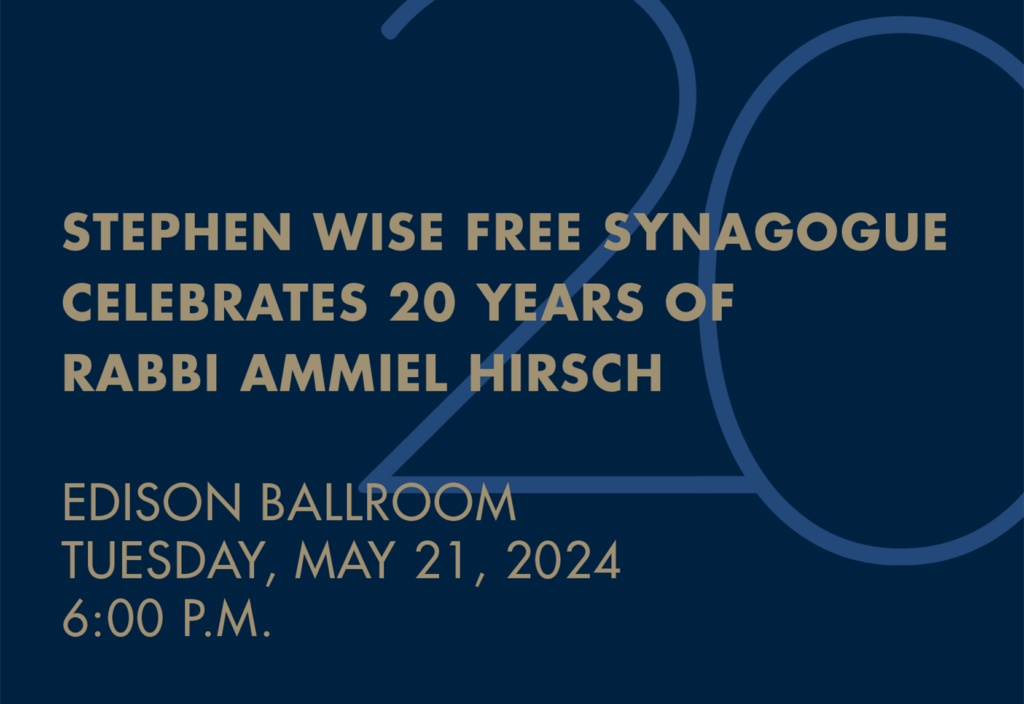In an increasingly digital world, “we have flattened and simplified our interactions with one another and even, at times, our expectations for ourselves,” says Rabbi Samantha Natov, imagining a world where we always choose community, connection and life… On Erev Rosh Hashanah, she says: “Tonight, we engage in the work of teshuvah as a community. The energy of our prayers is exponentially enhanced by being together. We are spiritually enriched by each other’s presence.”
“Sometimes, we get caught up in what we’ve lost,” says Rabbi Rena Rifkin. “But when we do that, we forget to give kavod to what’s really important… The only thing we really have to worry about losing is ourselves.”
Rabbi Samantha Natov turns to this week’s Parashat Kedoshim (Holiness Code) to answer this important question. The code “may at first glance seem to be hopping from topic to topic,” she says. “But if we look carefully we can see how these laws work together to implement boundaries that honor the dignity of each person, fostering healthy relationships.”
“The willingness to be different is integral to Judaism,” reflects Rabbi Ammi Hirsch on Yom Kippur. “Our different historical experiences led to our unique sensitivity to injustice and cruelty and gave us our deep appreciation of social repair and freedom.”
“What can one person do to impact on the many challenges facing our world?” asks Rabbi Ammi Hirsch on Erev Yom Kippur, reflecting on the war in Ukraine and our synagogue’s humanitarian mission. “We overcome despair by countering despair — one day at a time, one place at a time, one person at a time… We defeat helplessness by helping.”
“Asking for forgiveness is hard because it means admitting we were wrong,” says Rabbi Rena Rifkin on Erev Yom Kippur. “And yet, Yom Kippur commands us to do just that. Once we truly admit our fault, then we can start to find forgiveness…”


